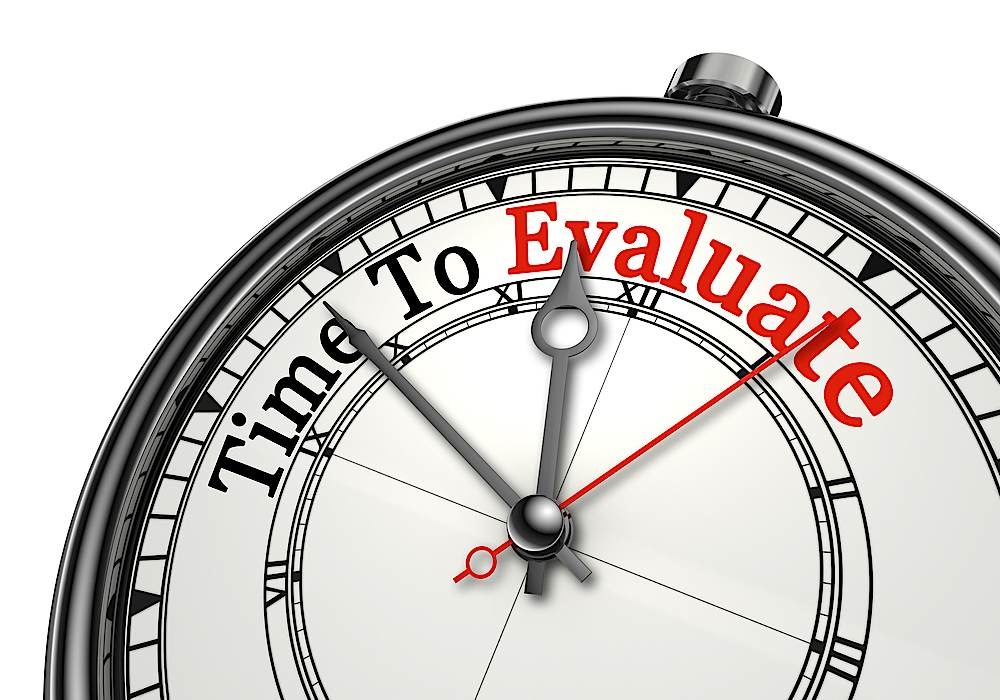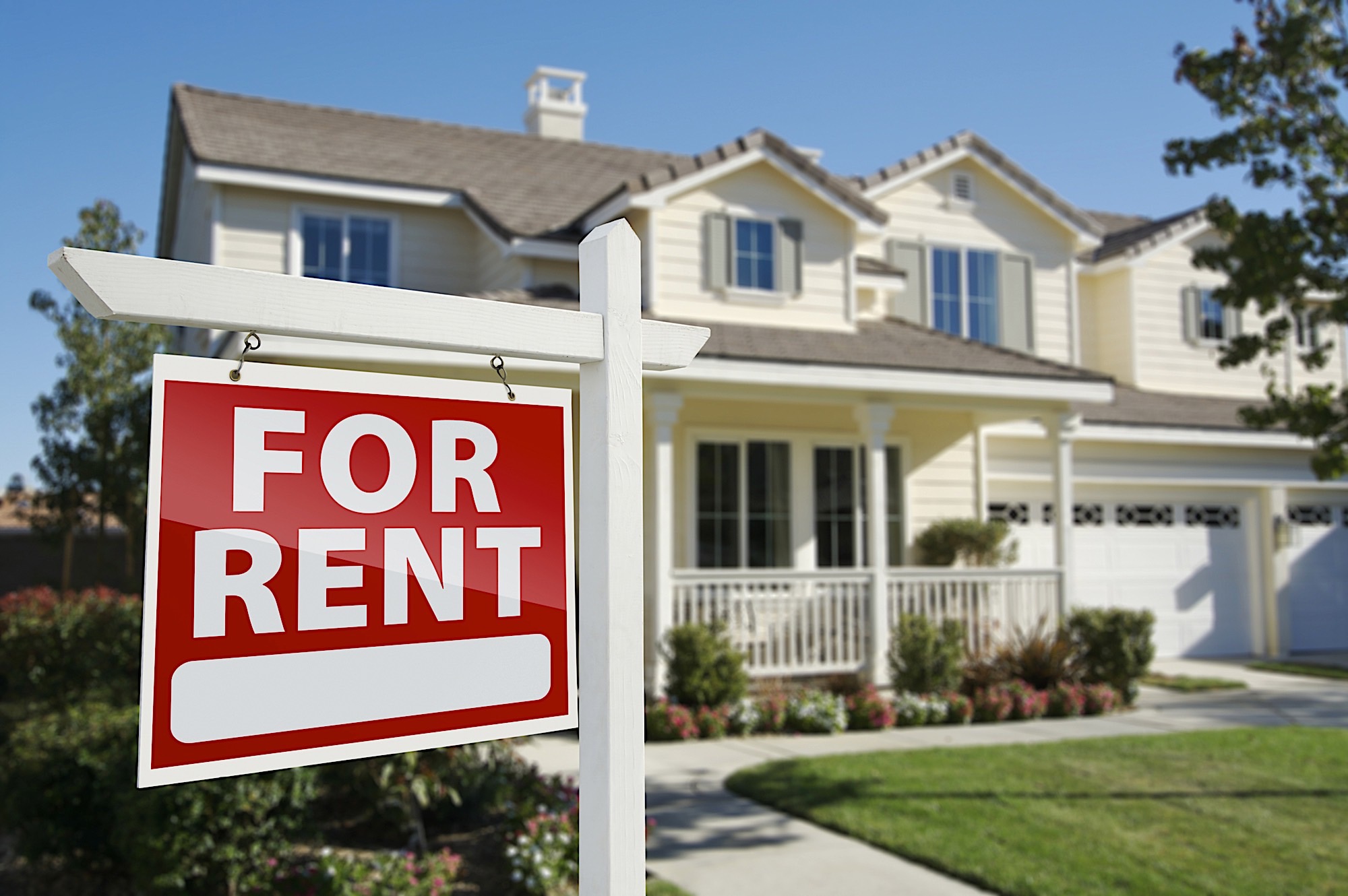So you want to buy an investment property. After months of circling around the business you have finally decided that the time is now. The only problem is that you aren’t exactly sure where to begin. As you start your property search there are a few critical areas of evaluation you need to focus on. These four basic areas are the same regardless of your market and what types of properties you are looking for. By mastering them you can quickly evaluate any new property that comes your way. Here are the four most important areas when evaluating any new deal.
- Financing. Before you get too far in your property evaluation you need to have an idea of your financing. The financing option you choose will dictate the purchase price range and even the market you look in. In a perfect world you will enter the business with pockets full of cash ready to make an offer. Most new investors do not have access to their own personal funds or only have a limited amount. The more likely scenario is that they will either use traditional lender financing or have access to a hard money lender. There are pros and cons with each financing source but know that they both change the bottom line of your deal. Hard money lenders are best used for short term projects such as flips, wholesale deals and rehabs. With higher rates and increased fees the focus should be to repay the funds as quickly as possible. Lender financing offers lower rates but with increased down payment requirements they are best suited for long term holds such as rentals. When analyzing a deal you need to know how much capital you will have available for repairs, down payment and closing costs. Before you get too far looking for properties you need to know your financing and your current financial situation.
- Property. There is a lot that goes into evaluation of the property. Start with the most obvious factor, the price. The price impacts everything else with the deal. In addition to the price you should look at how long the property has been on the market and who the seller is. Generally speaking the longer the property has been listed for the better chance you have of getting the seller to accept your offer. You should also try to find out as much information as you can about the seller and what their motivation may be. Motivated sellers often sell at a discount. As you ponder what to offer you need to look at the property. Take a look at everything about the property include the style, size, room count and condition. The next step is to compare your property with other ones for sale in the market or that may have sold recently. If there are repairs needed or the condition is poor you should factor this into your price. As you are just learning the ropes form a property evaluation checklist to help guide you. The more you know about the property and the seller the less risk you will have.
- Expenses. Whether you plan on rehabbing or renting the property you need to have a good idea of the expenses. Obviously this area is much more important if you plan on flipping property but still important as a rental. The amount of estimated expenses directly impacts your offer. Even if you are handy it is a good idea to bring a contractor with you until you know exactly what to look for. In addition to the cost of expenses you also should have an idea of what it will cost to repair these items. It is important that you have a grasp of the market and understand which repairs offer the best return. You may be fond of a certain countertop or flooring but expensive doesn’t always equal the best return. As a rehabber you need to toe the line between budget conscious and spending money to make money. After you have an idea of the projected purchase price and the cost of repairs you can move onto the final step in property evaluation.
- After Repair Value / Income. In the simplest terms your estimated net profit can be calculated by taking your after repair value (end sales price) and subtracting that from your expenses and purchase price. When estimating the after repair value you need to start by taking a look at your market. Make an honest evaluation of how your protected finished product stacks up with what is currently available. It is important to compare apples to apples. Even though your home may be fully rehabbed it doesn’t automatically mean you can command a higher sales price. Ask your real estate agent for a list of every comparable home that is on the market. Read the listings and see what they offer and how it stacks up to your property. You also need to know that a lot can change within a market in the matter of just a few months. The sales price you think you can get today may not be the same one eight weeks from now. Like anything else in real estate it is best to take a conservative approach with your estimates.
These are the four basic areas in evaluating any deal. Never rush the process and if you have any questions be sure to ask your real estate agent, mortgage broker and attorney.






